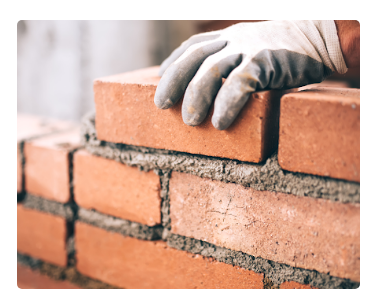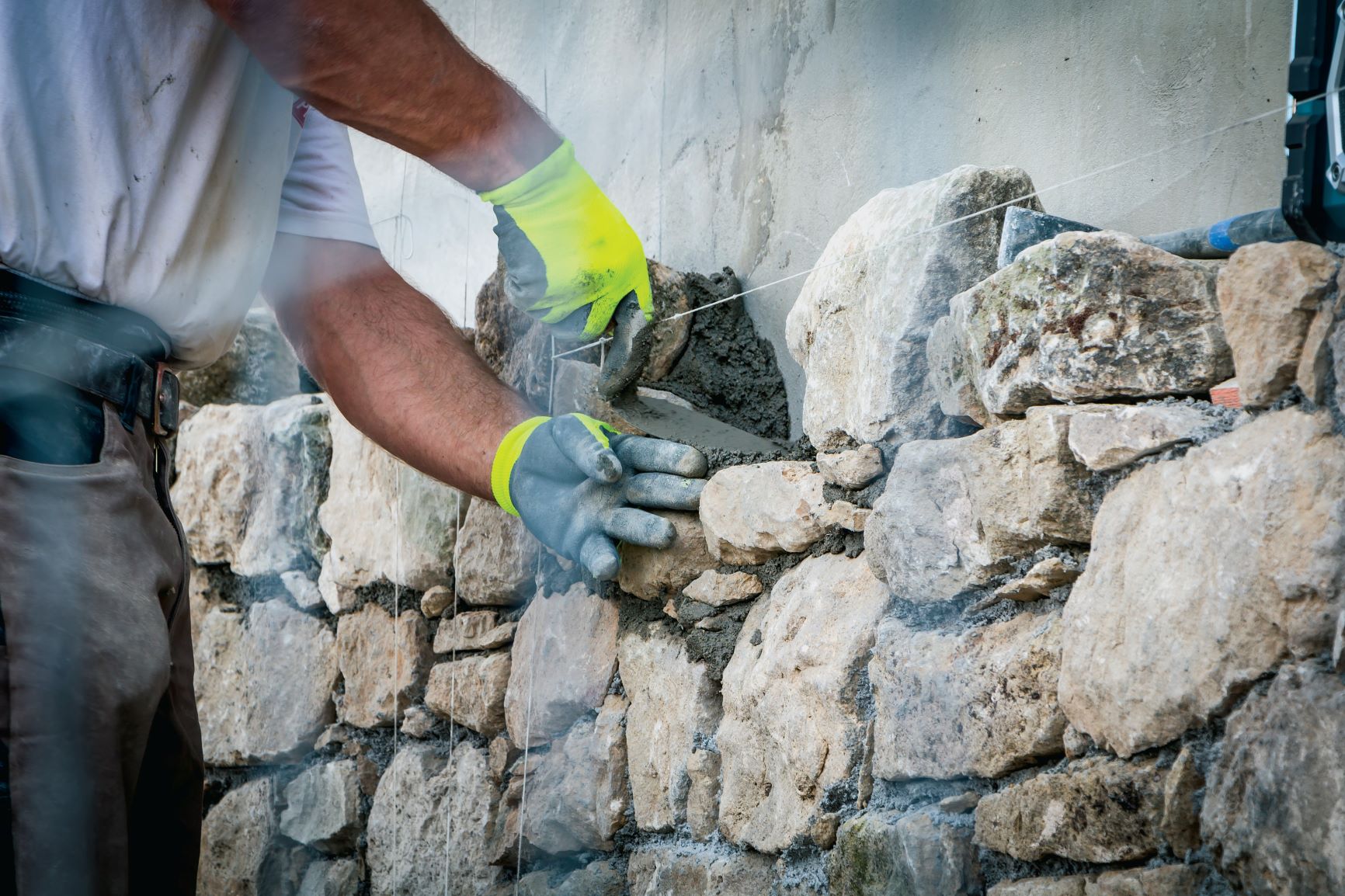Standing out in the local market for stonework requires more than basic construction; it takes discipline, detail, and control. For anyone searching for stone masonry in Knoxville, TN, the results often depend on finding a crew that understands slope, soil conditions, weather shifts, and material longevity. Whether it’s for chimneys, retaining walls, columns, or patios, every layer counts.
Masonry done right isn’t about rushing. It’s about planning each step, prepping a base that can hold weight through weather swings, setting layout lines that allow natural runoff, and choosing materials that resist heat and moisture. In a place like Tennessee, where summers are hot and winters can freeze, stone must be installed with precision and care.
Stone Masonry Construction in Knoxville, TN Brings Structure and Stability to Local Builds
When handled properly, stonework can last for generations. Crews offering stone masonry construction in Knoxville, TN, should not treat projects like templates. Each job site, each wall, patio, or fireplace, brings its own set of variables. Real stonework means adjusting to them.
This includes managing edge detail, working with different cuts of stone, and laying joints that align without forcing the layout. Whether the material is fieldstone or limestone, the installer’s approach will shape how the structure performs year after year.
Understanding the Workload Behind Top-Rated Stone in Masonry Services
Not all stonework is created equal, and “top-rated” doesn’t automatically mean the work speaks for itself. Contractors offering top-rated stone in masonry services should be able to show what makes their builds dependable, not just describe it. From accurate bonding techniques to material pairing, success comes from managing the process at every step.
The finish is only part of the story. A skilled crew thinks through foot traffic, drainage angles, winter expansion, and the interaction between stone and nearby materials like stucco, gravel, or concrete. Only then can the stone hold up visually and structurally.
Materials and Techniques That Make a Long-Term Difference
The following points reflect the technical considerations that define long-lasting results in masonry projects. These are not just details; they’re the framework for reliability.
- Handling a wide variety of stone types confidently
Fieldstone, limestone, granite, river rock, and slate each react differently to moisture, impact, and heat. Contractors must work fluently with them all. - Base preparation that supports both structure and appearance
Strong foundations involve more than compacted gravel. The layout must support water shedding, resist frost heave, and maintain clean lines as the seasons shift. - Bonding agents that hold through humidity and heat
Proper mortar mix and spacing ensure the joints stay intact through temperature swings. Every joint line matters in both pressure load and water resistance. - Edge finishing for both safety and style
Precision trimming and shaping create uniform transitions at corners, curves, and seams, especially important in pathways and outdoor seating areas. - Sealants and moisture barriers used strategically
Not all stone needs sealing, but in the Tennessee climate, knowing when and how to apply breathable moisture control is key to preserving the finish. - Worksite flow and post-project cleanup that reflect professionalism
Crews that leave clean sites, stacked tools, and unbroken materials show they control the pace and quality of their work, not just the outcome.
Traits That Set a Stone Crew Apart on the Ground
These are signs you’re working with a team that takes the job seriously, not just finishing the task but paying attention to the impact it leaves behind.
- Organized work zones with minimal material waste
- Even lines across patios and vertical structures
- Stone heights that align without awkward fillers
- Clear drainage paths are built into the design
- No unnecessary gaps or overuse of filler mortar
Not All Contractors Approach Projects With the Same Commitment
There’s more to masonry than stacking rock. From patios to vertical structures, every angle and depth matters. Crews that have a firm grip on stone masonry construction in Knoxville, TN, understand how to adapt their approach to each client’s terrain and build type.
That may involve floating concrete for base support, using vapor barriers under stone veneer, or grading the slope of an outdoor kitchen. These aren’t upgrades, they’re essentials. The team’s ability to handle them defines whether a structure fails in five years or holds up for decades.
Stone Veneer and Detail Work Demand Sharp Execution and Focus
Some think stone veneer is easier; it’s thinner, lighter, and doesn’t carry the same load. But installing veneer over old brick or siding requires different tools, adhesives, and a strong understanding of layering systems. If done wrong, the veneer can bubble, crack, or even fall off.
That’s why contractors handling top-rated stone in masonry installations must treat veneer and full-thickness stone with the same level of attention. Edging, mortar spread, air gaps, and flashing layers all affect how the final surface will perform.
The Difference Is in the Follow-Through, Not Just the Materials
Good masonry doesn’t leave questions behind. Contractors who deliver consistent results don’t skip on clean joints, proper drainage, and strong bonding. They plan for weather, soil movement, and usage patterns.
Whether it’s a small backyard border or a commercial retaining wall, the true test is how the work performs over time, not just how it looks on Day One.
Stonework Across Knoxville That Respects Your Site and Materials
B & C Masonry provides stonework that’s built to last through Tennessee’s shifting seasons and varied terrain. We serve Knoxville and nearby cities like Chattanooga, Maryville, and Cookeville. Our work covers custom walkways, chimney rebuilds, stone steps, outdoor fireplaces, and structural walls using fieldstone, slate, limestone, and more.
Our process begins with the right prep. We don’t rush through base layout or skip joint spacing. We work with each client’s site to manage runoff, maintain surface balance, and ensure strong adhesion. When the build is done, the site is cleaned, and the work is meant to hold.




